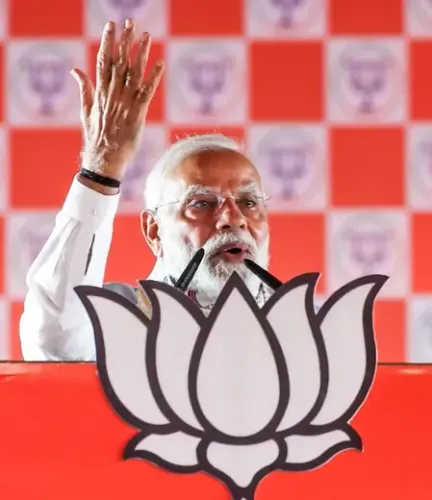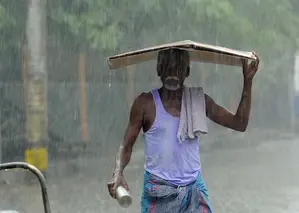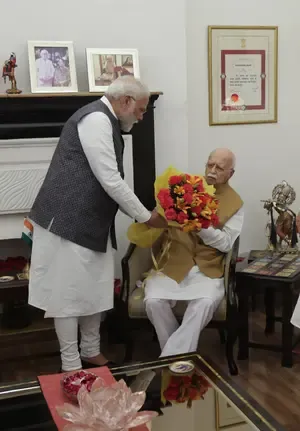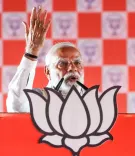Is the Deputy EC Visiting Kolkata to Review Electoral Rolls Amid Government Tensions?
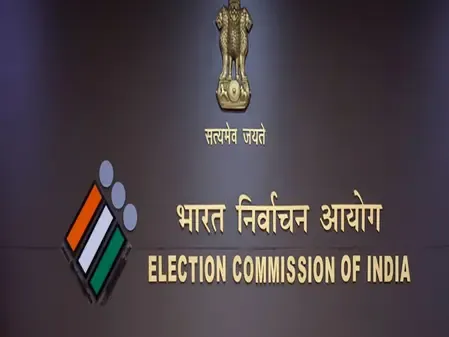
Synopsis
Key Takeaways
- Deputy Election Commissioner Gyanesh Bharti to visit Kolkata.
- Final review of Election Commission preparedness for Special Intensive Revision.
- Meetings with senior officials and district magistrates planned.
- Ongoing tensions between the poll body and state government.
- Rejection of state government’s documentation requests.
Kolkata, Sep 13 (NationPress) Deputy Election Commissioner Gyanesh Bharti is scheduled to arrive in Kolkata next week for a comprehensive evaluation of the Election Commission of India’s (ECI) readiness for the Special Intensive Revision (SIR) of electoral rolls in West Bengal.
This special intensive revision, pivotal ahead of the significant assembly elections next year, is anticipated to commence in October.
The deputy election commissioner plans to meet with high-ranking officials from the CEO's office and visit specific districts to engage with district magistrates, who act as the electoral officers there.
This visit is taking place amidst ongoing tensions between the electoral body and the state government, particularly regarding the SIR initiative.
Earlier this week, the commission turned down the West Bengal government’s proposal to allow Swastha Sathi and ration (PDS) cards as acceptable documentation for the upcoming special intensive revision.
The Swastha Sathi card is associated with the state-sponsored health insurance program, for which the government covers the premium, while both the Swastha Sathi and ration cards are identity documents issued by the state.
Recently, the Supreme Court instructed the commission to accept Aadhaar cards as valid identity verification if the Election Commission proceeds with the special intensive revision.
From the beginning, the Chief Minister and the ruling Trinamool Congress have opposed the special intensive revision in West Bengal.
She argues that this exercise is designed to facilitate the implementation of the NRC (National Register of Citizens) and CAA (The Citizenship Amendment Act) in the state.
Conversely, the BJP asserts that the Trinamool Congress and Chief Minister Mamata Banerjee are resisting the revision out of fear that it may result in the exclusion of illegal Rohingya and Bangladeshi infiltrators from the electoral rolls.

